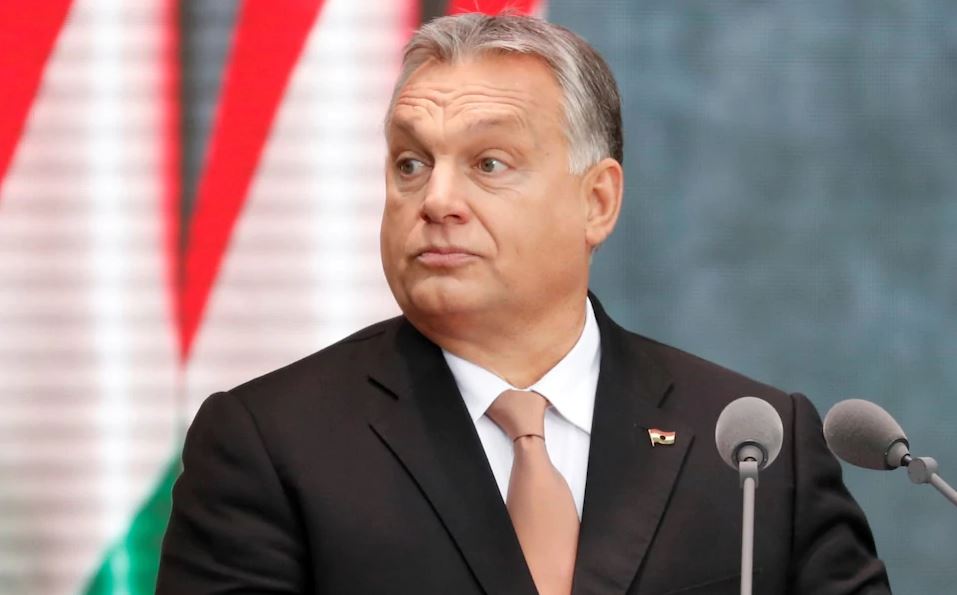In a faraway corner of Europe, a Jewish man in a kippah is walking down the street when he is accosted by a group of aggressive young men who start to jeer and mock him, knocking the skullcap from his head.
In recent years the man has grown more used to this kind of behaviour, but fearing things might take a more serious and violent turn, he slides his finger across his smartphone and operates a virtual panic-button.
The phone app is called ‘Octopus’ and it can instantly send an alert to control in both his home country and a European network headquarters in Brussels, where an alarm sounds.
The siren causes the central control room operator to look up from his desk to a bank of nine television screens, where a red dot is now pulsing at the location of the attack; seconds later a video or audio Livestream is available. In the location country, the police are now on their way.
Thankfully this is only a drill, but as we watch the live demonstration in the Brussels control centre at the Security and Crisis Centre of the European Jewish Congress, the question is why all this technological hardware should be necessary at all?
The combination of radical Islamist terror threats in western Europe and the resurgence of nationalist, far-Right sympathies in the eastern EU means that Jewish communities are now reporting a gathering storm of anti-Semitic forces that are changing the way they live their lives.
The numbers are stark. The annual Kantor Center report on global antisemitism found an increase in 2018 in almost all forms of antisemitism, with the number of major violent incidents rising by 13 per cent, from 342 to 387. In France recorded incidents of anti-Semitism rose by 74 per cent in that time, second only to Belgium where the number of incidents trebled. Meanwhile, Italy and the Netherlands saw 60 and 19 per cent rises respectively.
The Kantor Centre report detailed a range of anti-Semitic attacks, from physical and verbal assaults, to online and workplace bulling and the defacing and destruction of property.
Belgium and France, recently shocked by the brutal murder of an 85-year-old Holocaust survivor, were singled out as the countries most hostile to Jews.
Meanwhile, day-to-day casual anti-Semitism is returning. Among a list of reported incidents, a case from the Czech Republic tells how Jewish workers at a Prague hotel were asked to leave when the ownership switched from Israeli to local hands.
“I know that you Jews keep always together, so it would not be possible that you continue working for me,” the manager of the hotel allegedly told the victim, who then told how he was assaulted by her husband, call him a “Jewish mother!”



